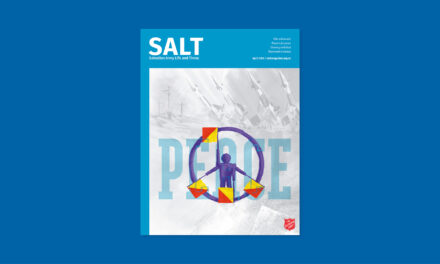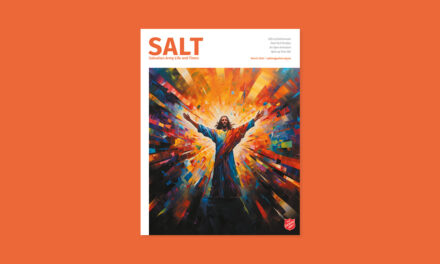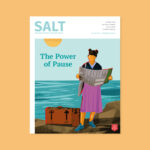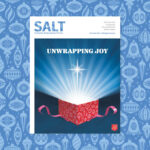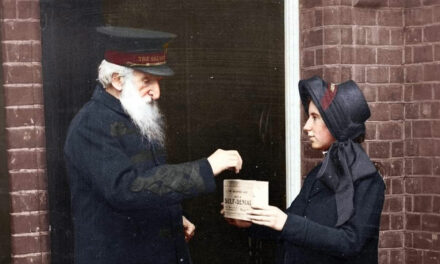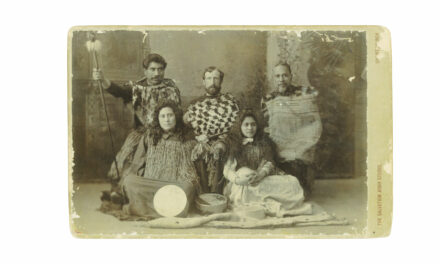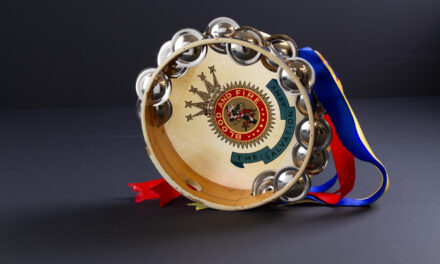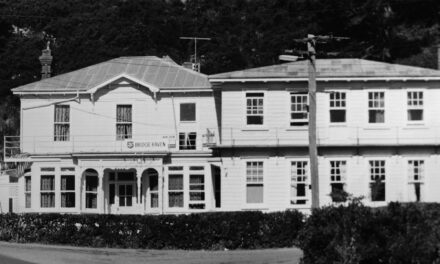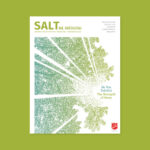
Salvation Army Tea Merchants
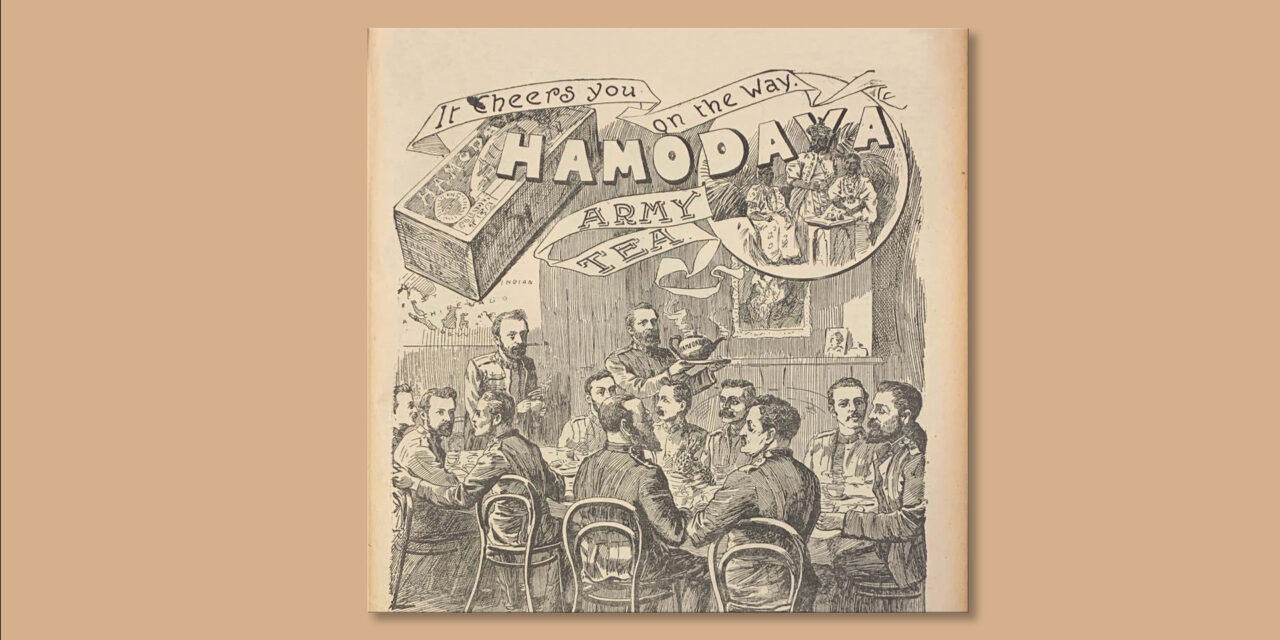
Hamodava tea, coffee and cocoa products are available for Christmas gifting. In acknowledgement of this, Kelly Cooper serves up the history of the Hamodava brand and its association with The Salvation Army.
With tea recognised as the national drink of England in the 1700s, Commandant Herbert Booth saw an opportunity to capitalise on the tea drinking culture by importing and selling this beverage as a means of financing the mission work of the Army. He launched a ‘Missionary Tea League’ where members pledged to drink only tea supplied by the Salvation Army. The members of this league enjoyed their tea knowing all profits from its sale were benefitting the Army’s work.
It didn’t take long for tea to increase in popularity in Australia and later New Zealand. In 1888, Adjutant Ashley Lamb, an officer of the Bundaberg Corps, was tasked with entering the tea market as a fundraising enterprise. Initially Adjutant Lamb purchased packets of tea from local merchants and re-sold them from his office at Territorial Headquarters in Melbourne. This proved so successful that a warehouse was purchased, and he began to blend and sell his own teas under the brand name ‘Hamodava’ which is the Sinhalese word for ‘army’.
By May 1898, the tea enterprise had become so profitable that the Army leased several larger warehouses to operate from. The tea was sourced from suppliers in India and Ceylon (now Sri Lanka) and was cut, blended and packed with the Army’s own equipment. Early adopters of the concept of fair trade, indigenous farmers were supported to purchase their own land through a scheme financed by the Hamodava tea enterprise.
Hamodava tea provided a windfall for The Salvation Army. Officers were encouraged to promote and sell the tea as part of their fundraising activities and tea agents became established across Australia and in New Zealand. In 1900, coffee and cocoa were added to the Hamodava family. Hamodava tea continued to increase in popularity, with Lamb stating in 1920 that ‘if cups and saucers were filled with tea made from the output of one year, they would make three lines totalling 3790 miles (6064 kms) in length.’
Hamodava tea, coffee and cocoa production continued until 1930, when competition from other importers, together with consumer demand for lower prices made the enterprise unviable. During the nineteenth and twentieth centuries Hamodava enabled The Salvation Army to provide consumers with high-quality beverages and simultaneously fund its social and mission work.
In 2016, after eighty years off our shelves, Hamodava Coffee was relaunched. Self-confessed coffee snob Lieutenant Jordan Westrupp partnered with Jacob Parsons of Mt Atkinson Coffee to bring us organic Fair Trade Hamodava coffee. With The Salvation Army pioneering fair-trading since 1897, Jordan was equally committed to ensuring ethical trade and positive transformation for farming communities. A portion of the Hamodava profits continue to go directly towards supporting the Army’s social work in New Zealand, Fiji, Tonga and Samoa.
Order Hamodava online at hamodava.com or enjoy at three New Zealand locations:
- Hamodava Coffee Cart, Petone Corps Plant, Lower Hutt
- The Salvation Army Cuba Street, Wellington
- Rolleston Corps Plant, Rolleston

